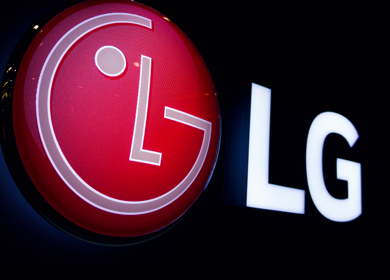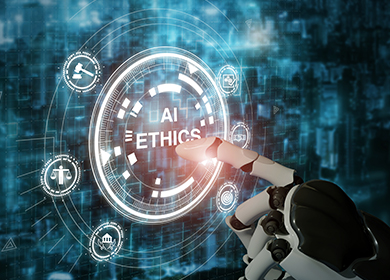Infusion of AI in search engines. How will it impact marketers in SEO?
Published: February 28, 2023

Google and Microsoft are evidently moving forward with generative AI technology.
Google has recently unveiled one of the most anticipated chatbots on the market, Bard, a new conversational AI powered by the Language Model for Dialogue Applications (LaMDA).
Microsoft merged Bing with the AI technology used in ChatGPT, an experimental chatbot developed by OpenAI, earlier this month. Early adopters don't just search Bing, but also converse with it.
Advertising experts are unsure how artificial intelligence will affect search ad specialties that have evolved over the last three decades—entire businesses have sprouted to manage keyword advertising and search engine optimization. Publishers rely on search as a portal for the web, where they get all of their clicks.
The big concern isn't just about publishers. The concern is how search monetizes and how advertisers capitalise on that.
Barry Schwartz
Search Engine Land contributor and founder of the US-based consulting firm
AI is already being used in Microsoft advertisements, as well as by Google and Meta, which own Facebook and Instagram. Internet ad companies have been using AI to fill in the gaps left by the death of third-party cookies and other identifiers. Both Microsoft and Google use artificial intelligence to help understand search queries and then place the most relevant ads.
Microsoft also confirmed this week that its AI chat assistant in Edge, its browser, can answer questions for users as they browse websites. Bing's chatbot can do everything from recommend restaurants to summarise the news.
Although Bing is a minor player in comparison to Google, Microsoft has gained traction in recent days since incorporating AI features into its internet products.
What can marketers expect as a result of AI-infused search experiments?
The skyrocketing use of generative AI chatbots like ChatGPT and other AI chatbots clearly indicates that marketers are not far from witnessing a transformation in the way people use search engines.
Ideally, search engine algorithms rank websites based on various factors like the relevance of the keywords, the quality of links pointing to the pages, how long the web page has existed, and so many more that keep changing. Thereby, marketers optimise the brands’ websites at all levels to satisfy these factors so as to get better rankings.
With the infusion of AI tools, indeed, the way conventional SEO works will change.
Let us take Bing for the case.
If we type the search query into Bing, the AI chat response will include a citation of the links from which it gathered that information. People will be likely to click on those links to read in detail about their query.
So, in this case, marketers’ focus will be on getting recognized by the AI tool to get placed in the citation. However, marketers don’t know what all the factors are that these AI tools will consider to surface their websites in citation.
As generative AI tools are designed to imitate the way that the human brain works, they are likely to be more concerned with accuracy and relevancy. More importantly, it will require marketers to incorporate storytelling into their content to distinguish themselves from AI generated content and to look compelling for audiences.
On the other hand, generative AI incorporation can make the user search experience effective, easy, and more personalized as it can understand user preferences and interests. So, users may possibly prefer AI-infused search results going forward.
As a result, it puts marketers in a position where they have to re-evaluate their existing optimization strategies and figure out which one works for AI-infused search results. Additionally, marketers will need to come up with new metrics to analyse the effectiveness of their SEO efforts.
To sum up, the infusion of generative AI will gradually change the way traditional SEO works. Marketers must get prepared for AI advancements and have to come up with search engine optimization best practises that will work in the AI era of search.










Be the first one to comment.